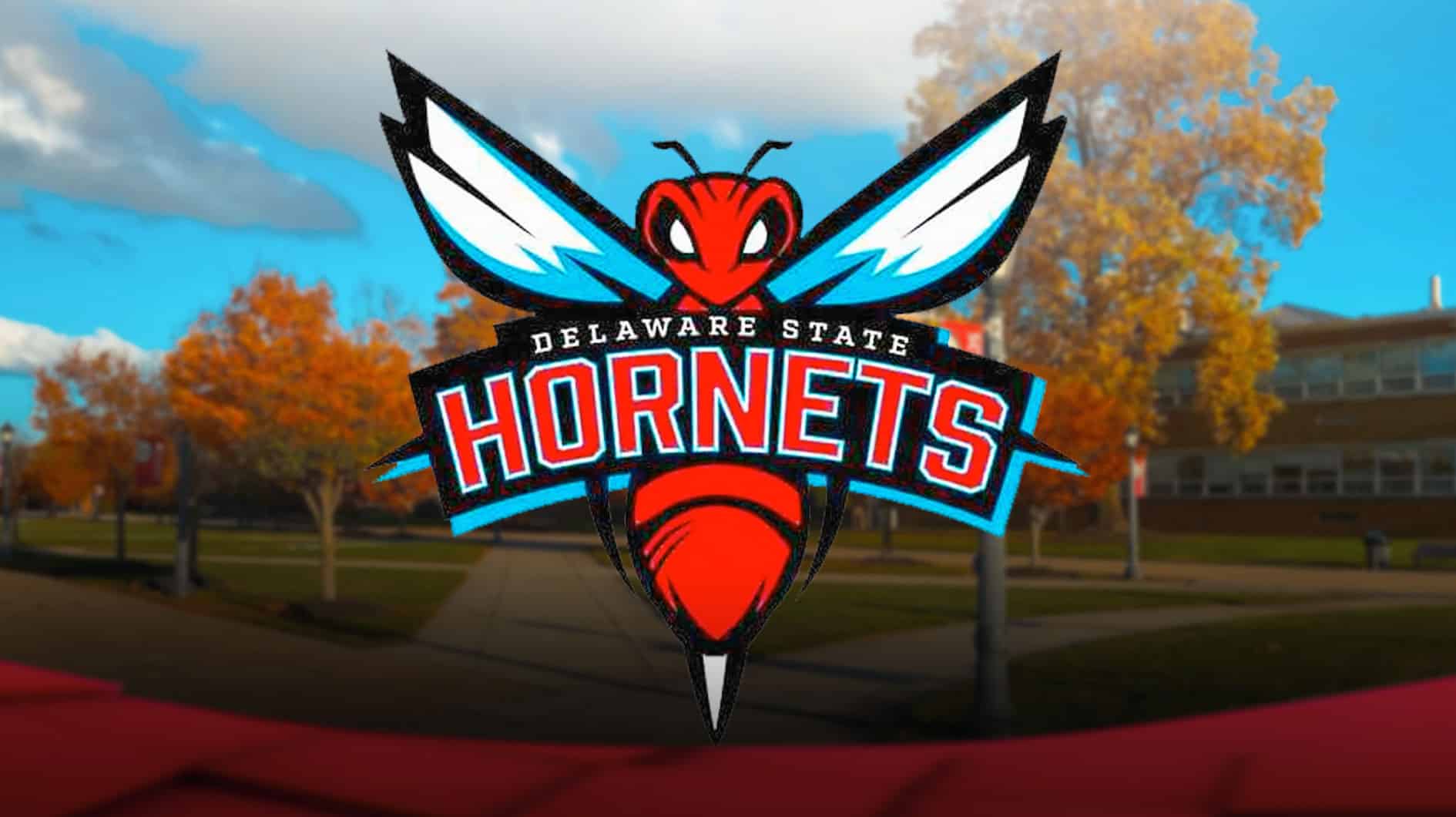Langston University-Tulsa is concerned that if it is permitted to offer four-year degrees, it may have to close because the courses would be repeated at the OU Tulsa extension sites and OSU.
The effort to keep Oklahoma’s only HBCU alive has been going on since the 1970s, according to lawmakers and graduates of Langston University. The battle to keep the HBCU open is still going on today.
To allow Tulsa’s public higher education institutions to offer four-year degrees, House Bill 2854 is now circulating through the state government. Kyle Hilbert, the Speaker of the House, stated that the bill appears to have the potential to become law. Not everyone, though, is thrilled about this bill’s passage. Some politicians cited the effects it will have on Tulsa’s Langston University, which Senator Regina Goodwin claimed already lacked adequate funding.
“If you don’t have the funding to be a successful four-year university and your courses are being duplicated, that is a recipe for disaster, and everyone has been able to see the writing has been on the wall, and now it’s in legislation,” Goodwin said.
In addition to listing all of the institutions in the Tulsa area, the law states that it has “declared a moratorium on the following higher education course and program restrictions,” including the “Langston University Branch in Tulsa’s restriction to upper division undergraduate and graduate courses.”
When the federal government pushed for the desegregation of higher education institutions in the 1970s, the state selected Oklahoma’s only HBCU, leading to the establishment of the state’s first public university in Tulsa. Langston brought 16 programs to Tulsa because of an agreement that prohibited other colleges from replicating its offerings. It had around 2,000 students and was quite successful, according to Goodwin. This led other institutions such as Oklahoma State University, the University of Oklahoma, and Northeastern University to open Tulsa campuses.
Alumni from Langston said they are concerned about the future of the Tulsa campus if the constraints are lifted by this law, which would permit duplicate classes.
“I want to be able to say my grandchildren, my great-grandchildren, and my great-great-grandchildren all became legacy Langstonites, but with a bill like this, it will do eruptible harm,” Jennettie Marshall, Vice President of the Langston University – Tulsa Alumni Association, said.
“It will result in the unnecessary duplication of programs; the syphoning of funds used to strengthening our programs will now be used to not compete with them. It’s fiscally irresponsible and strategically tone-deaf,” Dezz Lewsi, President of the National Langston University Alumni Association, said.
Two graduates of Langston University complained to the Office of Civil Rights Enforcement in the early 2000s about other schools’ violations of their agreement by duplicating classes in Tulsa. The school won the lawsuit and was awarded $14 million three years ago.
After passing the House, the bill will now be put to a vote in the Senate. Should the bill be approved, it will take effect on July 1st, 2025.




